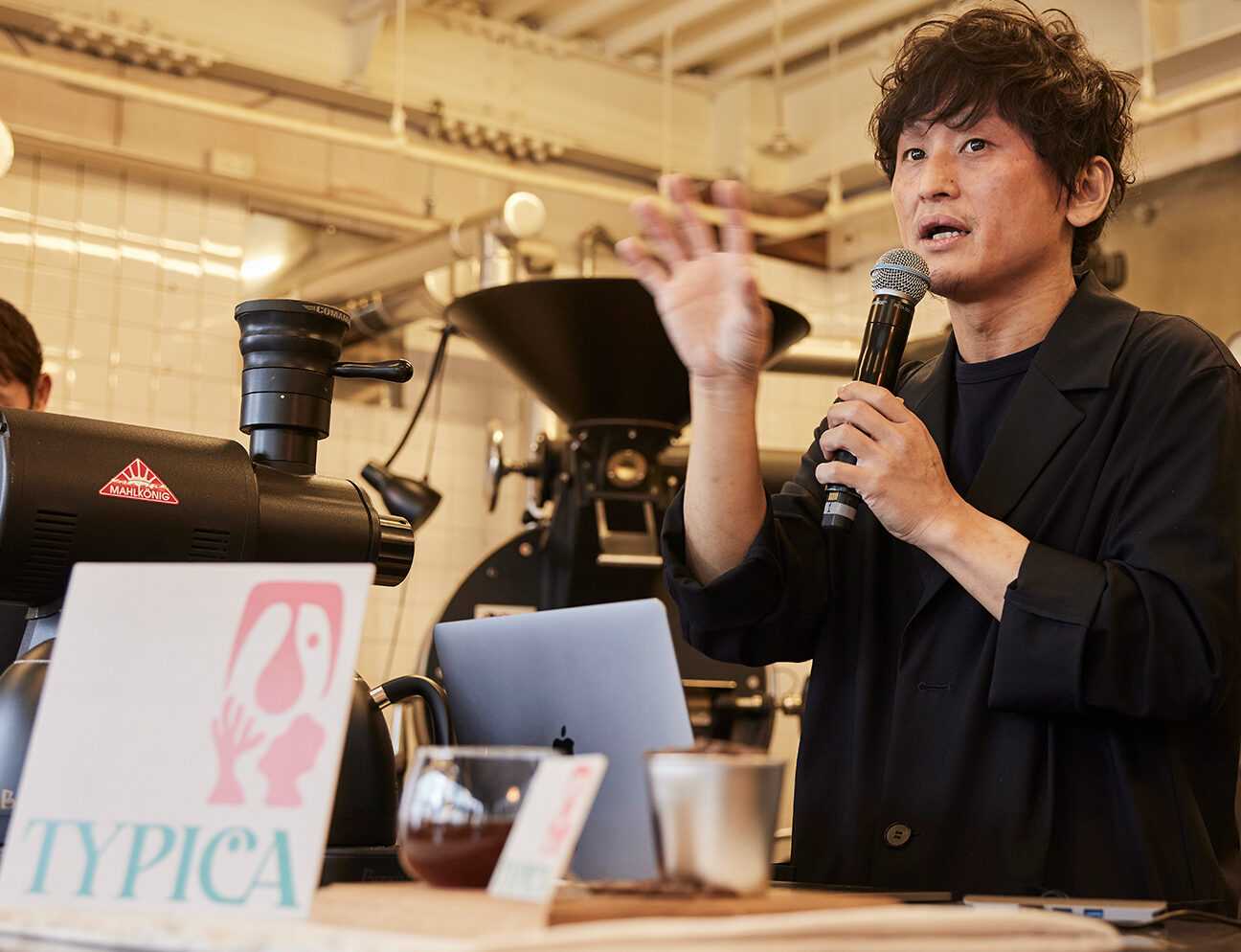MILAN – We recently assisted to the birth of the Typica Project, presented by the founders Masaschi Goto and Ayane Mayada as a platform that promises to revolutionize the traditional dynamics that move the long, fragmented coffee supply chain. How? By putting micro roasters in direct contact with small producers, giving farmers greater power over the final rice. We asked some questions to investigate the mechanisms of this innovation in the sector, to those who created it, to better understand how it works.
It’s particular that this platform has been created in Japan, where the coffee culture seems not that strong: how could you explain that?
“Japan consumes around 6% of the world’s coffee (the fourth largest in the world), while the United States consumes 20% and Europe as a whole consumes 40%. Therefore, in terms of global ranking, it can be said that coffee culture in Japan has taken root on a
global scale. In addition, Japan is a country that boasts the world’s highest number of Michelin awards for its gastronomy, so the need for high-quality coffee is relatively high. In addition, when you look at the International Coffee Organization (ICO) data and other sources, there is no significant difference in per capita coffee consumption between Italy and Japan.”
One of the many issues for farmers in the producing country is the backwardness in technologies: how could they use an online platform when they don’t even have internet for example?
“According to the data from the Davos meetings and other conferences, more than 3.5 billion people now own a digital device. And when we visit coffee-growing areas, it is rarer that the coffee growers do not have mobile devices.”
How does this direct relationship have an impact on the coffee price? What’s the real income for the farmers?
“This direct trade relationship won’t be affected by international market prices and allows for long-term trading. Last year’s results show that producers sold their coffee at 3 to 30 times the market price.”
What’s the “direct trade platform” for
・Producers can set their own prices and increase their income through direct trade.
・Since direct trade is based on long-term transactions, so business management will be stable.
・The number of small-scale producers leaving and shifting crops will be reduced, and the diversity of origins will be protected.
・Unique coffees will be distributed more widely.”
What’s the number of your registered account, both roasters and producers?
“The number of registered accounts for roasters is currently over 1500. For producers, the number is around 1,000.
How does Typica work exactly?
“Producers and roasters can register online on our platform, then, they can start making direct trading of green coffee choosing between a lot of coffee varieties around the world. Producers can choose fresh green coffee beans online and sell them at the fastest and fairest price, roasters directly purchase unique green coffee beans from just one jute bag. We also support producers and roasters to create a “Face-to-Face relationship” to strengthen our community with the final goal to transform the coffee industry into an industry where “100% direct trade” is possible by anyone.”
What are the goals of Typica for the future?
Our goal is to create a network of more than 5,000 producers and roasters in 70 countries by 2025. We want to become the world’s largest direct trade market for high quality coffee by 2030.
Italy is a more difficult country to reach with such a revolutionary and specific project?
“For roasters offering specialty coffee, stable procurement of high quality raw materials is of primary importance, and direct trade is one of the most effective ways to achieve this. In the case of conventional trading based on container units, the number of producing countries where direct trade is possible is limited. However, Typica allows all green coffee transactions to be done by direct trade, and we believe that Typica will be needed in countries where specialty coffee is distributed.”
Here, the link to the platform.


















